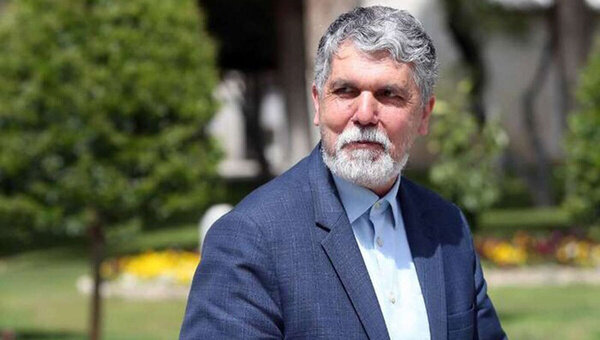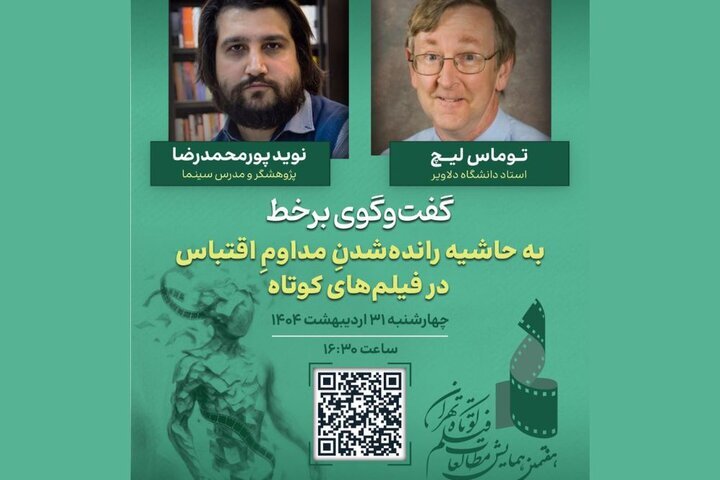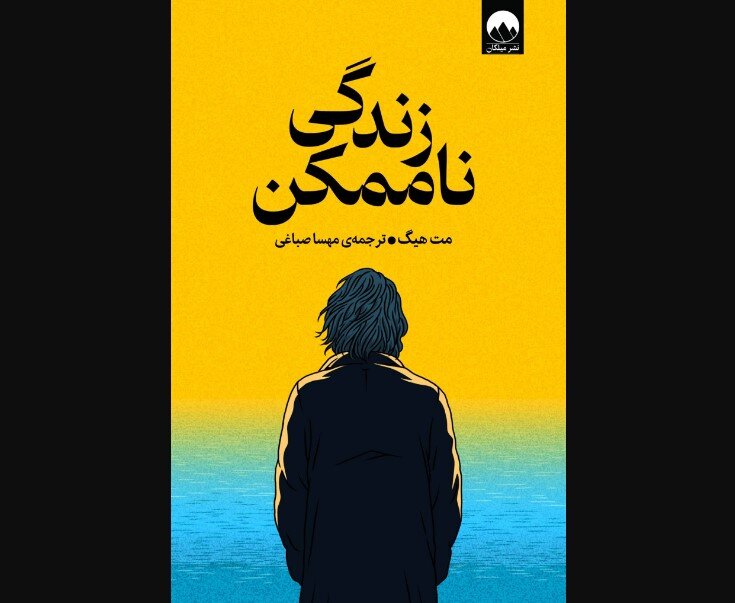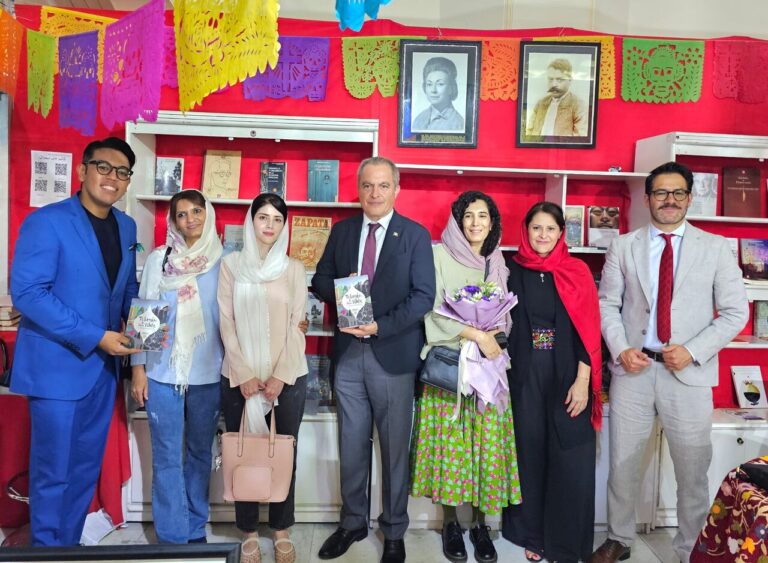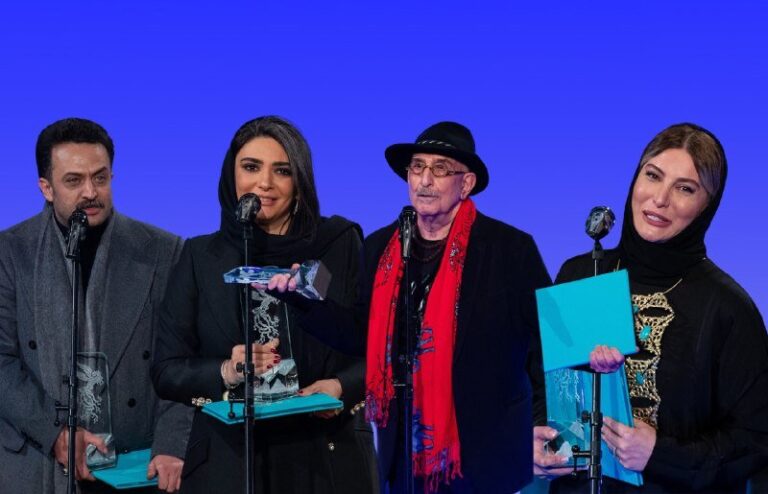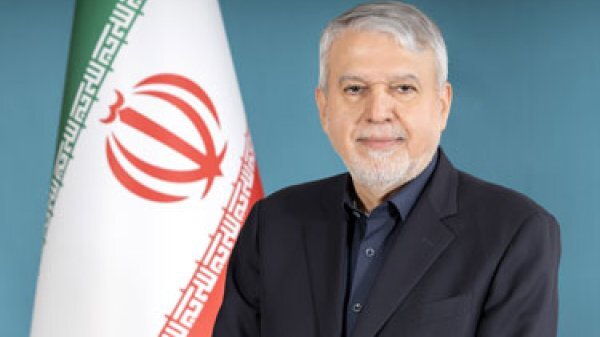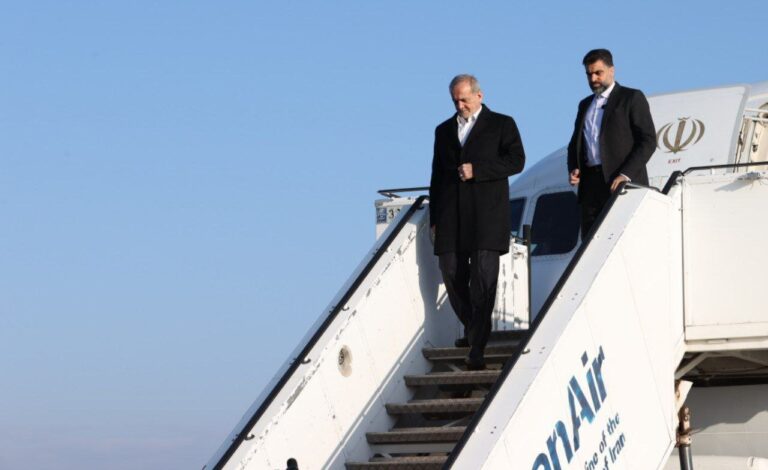Culture Minister Champions Cultural Collaboration with Pakistan for Enhanced Global Ties
In a significant move to bolster cultural ties, the Iranian Minister of Culture and Islamic Guidance, Seyyed Abbas Salehi, met with his Pakistani counterpart, Aurangzeb Khan Khichi, during the Asia Cultural Cooperation Forum (ACCF 2025) held in Hong Kong. This meeting emphasized the vital role of cultural collaboration between Iran and Pakistan, focusing on the enhancement of artistic, media, and tourism partnerships.
Salehi underscored the deep-rooted historical connections and shared cultural and religious heritages that unite the two neighboring countries. He highlighted that the relationship between Iran and Pakistan is not just contemporary but is deeply embedded in ancient civilizational ties that present numerous opportunities for collaborative cultural projects.
Key points discussed during the meeting include:
- Promotion of Cultural Opportunities: Salehi pointed out that Iran boasts a plethora of opportunities in historical, cultural, natural, and health sectors which can be showcased to international audiences, particularly in Pakistan.
- Use of Media and Joint Initiatives: He suggested leveraging media, creating joint documentaries, organizing cultural exhibitions, and fostering academic exchanges to promote Iranian culture in Pakistan.
- Significance of the Persian Language: Salehi acknowledged the esteemed status of the Persian language in Pakistan, noting that many people view it as an essential part of their cultural identity rather than just a secondary language.
- Support for Persian Language Education: He commended the Pakistani government’s efforts to bolster Persian language programs at universities.
- Development of Bilateral Cultural Interactions: Salehi called for increased cultural exchanges through collaborative artistic productions and the active involvement of artists in regional festivals.
In response, Aurangzeb Khan Khichi expressed appreciation for Iran’s proposals and highlighted the historical significance of the Persian language in the subcontinent. He stated that Persian was the principal language prior to colonization, fundamentally shaping the transmission of religious and cultural ideas, including the introduction of Islam to the region.
Khichi further emphasized that the long-standing historical ties and the warm sentiments of the Pakistani people towards Iran are invaluable assets for enhancing cultural relations. He reiterated that Iran is a brotherly nation, welcoming Iranian cultural activists, artists, and tourists.
To bolster this cultural presence, Khichi proposed various platforms, including:
- Festivals: Hosting joint cultural festivals to celebrate shared heritage.
- Exhibitions: Creating opportunities for cultural exhibitions showcasing the artistic talents of both nations.
- Artistic and Educational Projects: Collaborating on joint artistic initiatives and educational programs to foster deeper understanding and connection.
Additionally, Khichi highlighted a joint documentary project with Turkey that focuses on shared cultural elements. He noted that, considering the more profound cultural and civilizational ties between Iran and Pakistan, it is essential to establish similar projects dedicated to the two Islamic nations.
Expressing his eagerness to collaborate, Khichi welcomed the involvement of Iranian artists, writers, and cultural figures in the numerous festivals and exhibitions held in Pakistan. He stressed that there are abundant opportunities for cultural and artistic partnerships that can be activated and expanded through the proactive engagement of both countries’ cultural communities.
This meeting marks a pivotal moment in the cultural relations between Iran and Pakistan, showcasing the commitment of both nations to strengthen their ties through shared heritage and collaborative initiatives. As both countries move forward, the potential for enriched cultural exchanges promises to foster greater understanding and appreciation of their rich histories and traditions.
